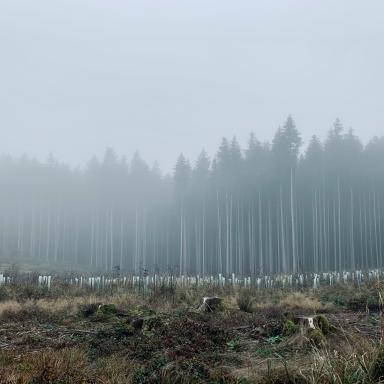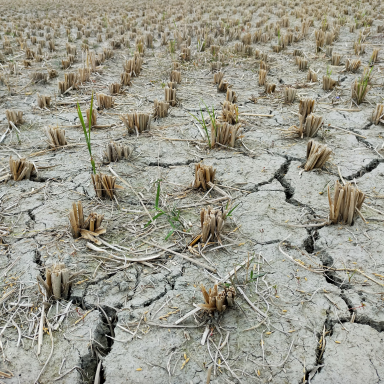Freshwater and terrestrial resources are critical for human survival and well-being. However, terrestrial environments have been aggressively modified by people, with half of all habitable land being converted from natural habitat for human use, one-third of the world's largest aquifers facing declining water levels, and these systems as a whole experiencing increased fire seasons and droughts due to climate change. emLab’s Land & Freshwater program takes a market-based approach to advance our understanding of the ways in which people can equitably and sustainably benefit from terrestrial and freshwater resources and identify ways to conserve them for the future.
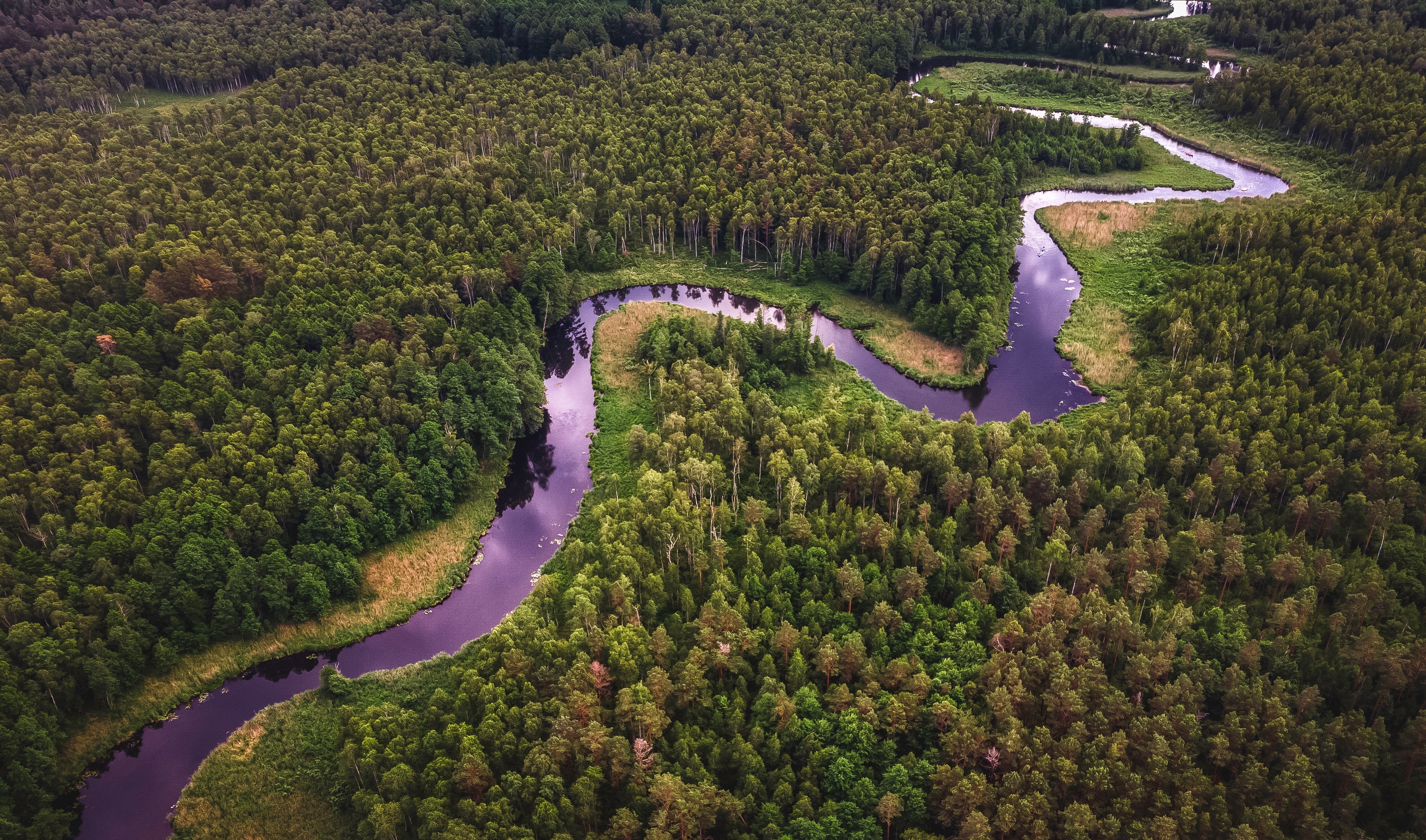
Land & Freshwater
Key Themes
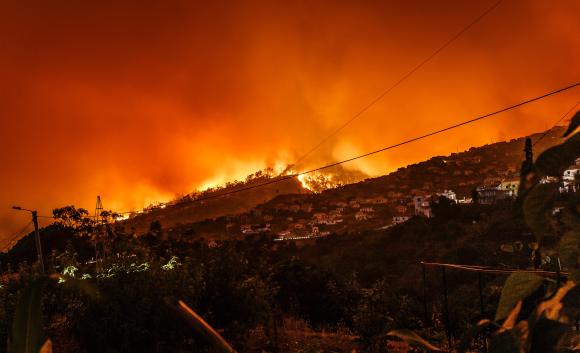
Wildfire risk and mitigation
Climate change has caused wildfires in many regions of the world to increase in intensity, size, and duration, threatening the safety of communities located near fire-prone wildlands. We seek to understand the environmental, economic, and social impacts of wildfires, along with market mechanisms that could mitigate the risk of damage.
Related Projects
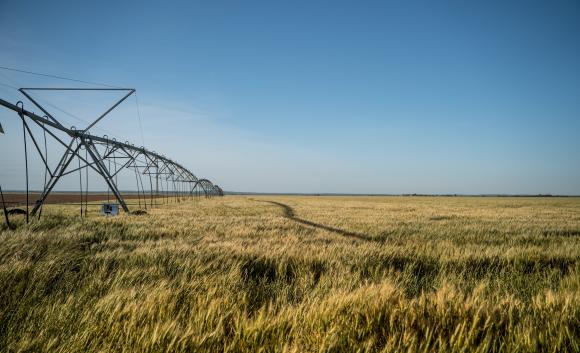
Groundwater markets
Groundwater around the world is being depleted, and the lack of property rights for groundwater often prompts a race to extract, further driving depletion. We assess the utility of groundwater markets to inform ongoing efforts to improve groundwater management around the world, with a particular focus in the American West, where demand growth and climate change are stressing water resources.
Related Projects

Valuing ecosystem services
By helping individuals and institutions recognize the economic value of nature, we can increase investments in conservation and design more effective policy instruments. Our work aims to develop the scientific basis that aligns incentives for incorporating natural capital into resource‐ and land‐use decisions on a large scale.
Related Projects
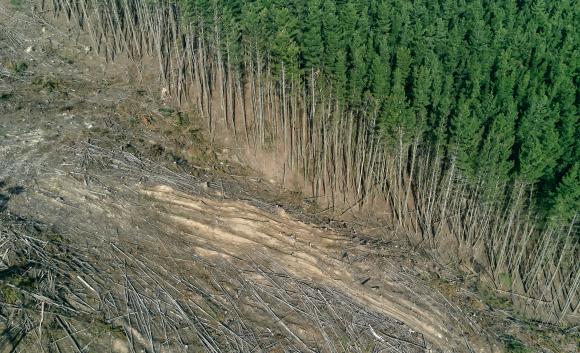
Zero-deforestation supply chains
Global markets for agricultural products, timber, and minerals are critical drivers of deforestation but there is increasing hope that the global supply chains driving land use change may provide unique opportunities to halt deforestation. We seek to measure the impacts of these supply chain interventions (e.g., certification schemes, market campaigns, deforestation moratoria) and improve their design to achieve more equitable and environmentally sustainable outcomes.
Related Projects
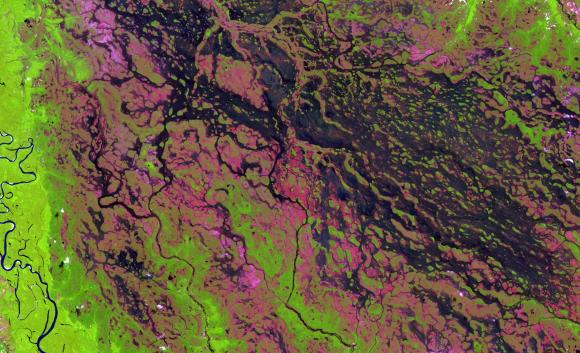
Remote sensing of land use change
Satellites allow us to track changes in land use across the planet, providing estimates of biodiversity loss, changes in carbon stocks, and impacts on rural communities. We leverage these data to inform more effective management of natural resources.
Related Projects
Publications
Related to
Causal inference for biodiversity conservation
Baylis et al. 2026, Review of Environmental Economics and Policy
Global forest dataset incongruence creates high uncertainties for conservation, climate, and development policy
Castle et al. 2025, One Earth
Monitoring maize yield variability over space and time with unsupervised satellite imagery features
Molitor et al. 2025, Remote Sensing
When crops fail, forests follow: Agricultural shocks and deforestation in Zambia
Ordóñez et al. 2025, PNAS
emLab Blog: Our 2 Cents
Related to
In the News
Related to
Trase: “It is essential to combine perspectives to limit deforestation”
Stockholm Environment Institute

